The United States on May 13 lifted export controls on advanced computing semiconductors, responding to concerns from countries that they are being restricted from accessing technology needed for the development of artificial intelligence (AI).
The decision reverses the “AI Diffusion Rule,” a policy issued by former President Joe Biden shortly before leaving office in January.
The rule, which is expected to take effect on May 15, is aimed at tightening China's access to advanced technologies, particularly in the fields of AI and defense.
Undersecretary of Commerce for Industry and Security Jeffrey Kessler said the administration will pursue “a bold and comprehensive strategy” to promote the sharing of US AI technology with trusted foreign partners while keeping it out of the hands of adversaries.
Mr. Kessler assessed that the previous approach had lacked vision and was counterproductive.
In recent years, the US has stepped up restrictions on exports of advanced chips to China, citing concerns they could be used for military purposes and undermine America's technological position.
However, the US Commerce Department has warned that the rule could harm US innovation and damage diplomatic relations with many countries, which would be "downgraded" to a secondary position in the technology supply chain.
One of the points of contention is the system of classifying countries into three levels, applying different levels of restrictions.
Japan and South Korea are in the priority group, with no restrictions imposed, while countries like Mexico and Portugal are in the second group, with limits on the number of chips allowed to be imported.
Some US lawmakers warn that this decentralized model could lead countries to look to China as an alternative source, thereby fueling the development of the superpower's advanced technology.
Big tech companies like Nvidia and AMD have lobbied against tiered regulation, and their shares rose after the Trump administration announced a review of the policy.
While loosening controls on allies, the US Commerce Department still warns that using chips like Huawei Ascend - China's most advanced AI chip - could violate export controls.
The agency also warned of potential consequences if US AI chips are used to train Chinese AI models./.
Source: https://www.vietnamplus.vn/my-dao-nguoc-lenh-kiem-soat-xuat-khau-chip-ai-tien-tien-duoi-thoi-biden-post1038418.vnp


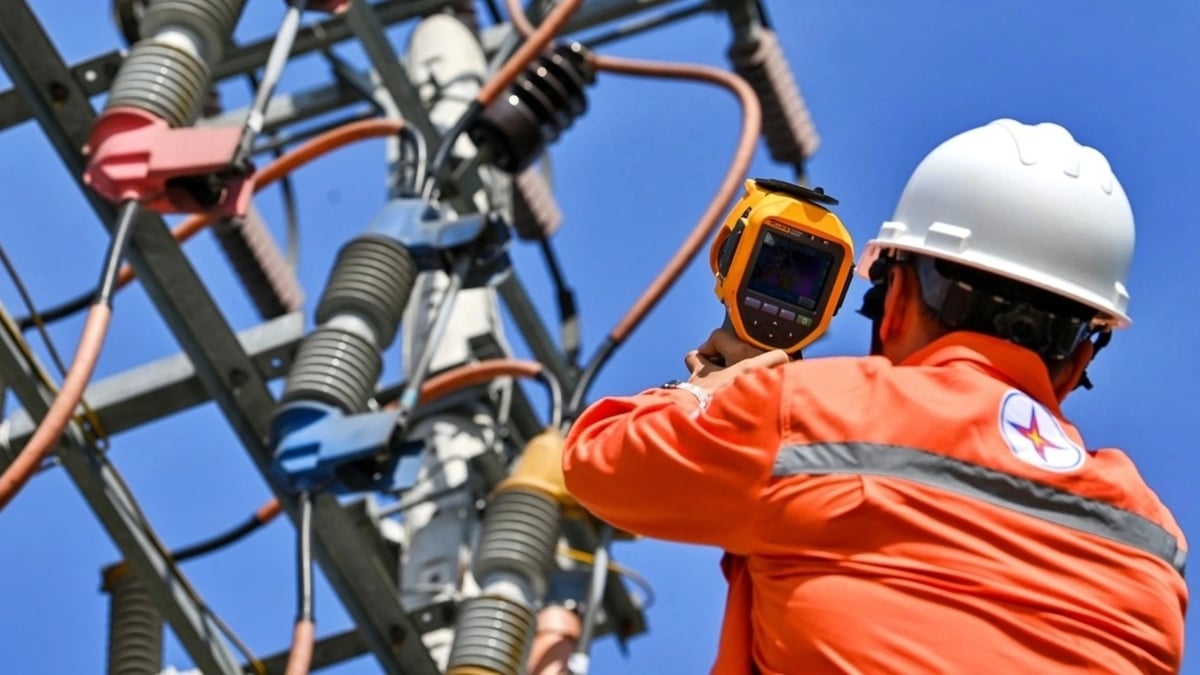


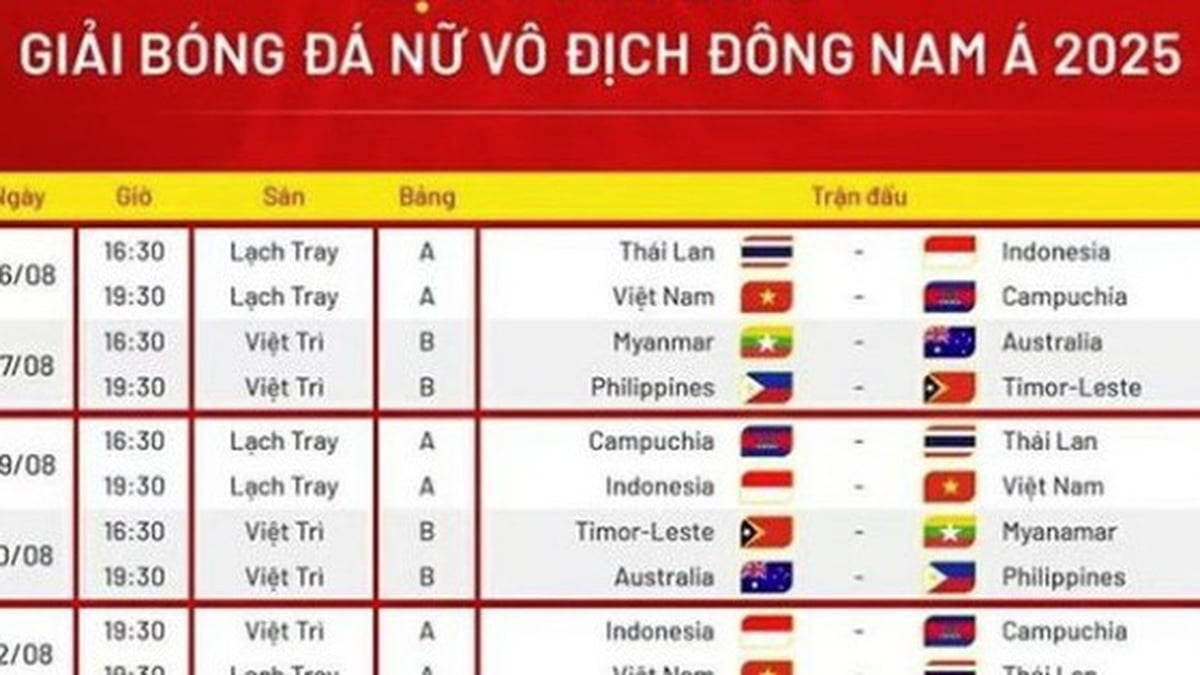
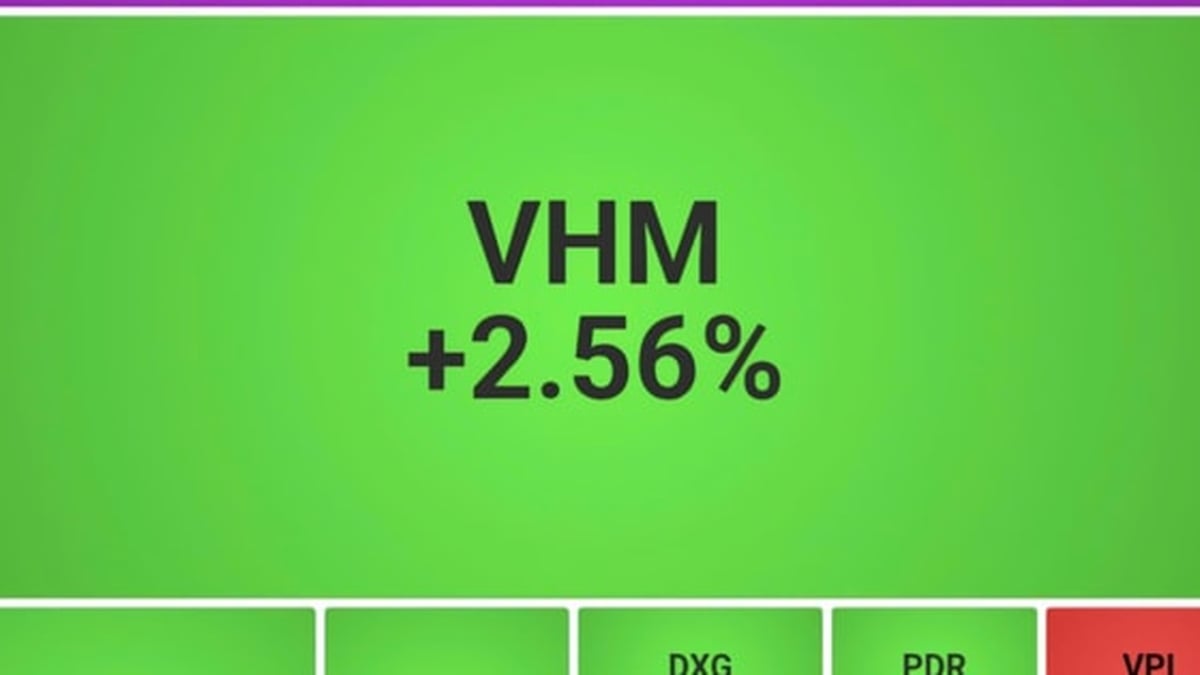

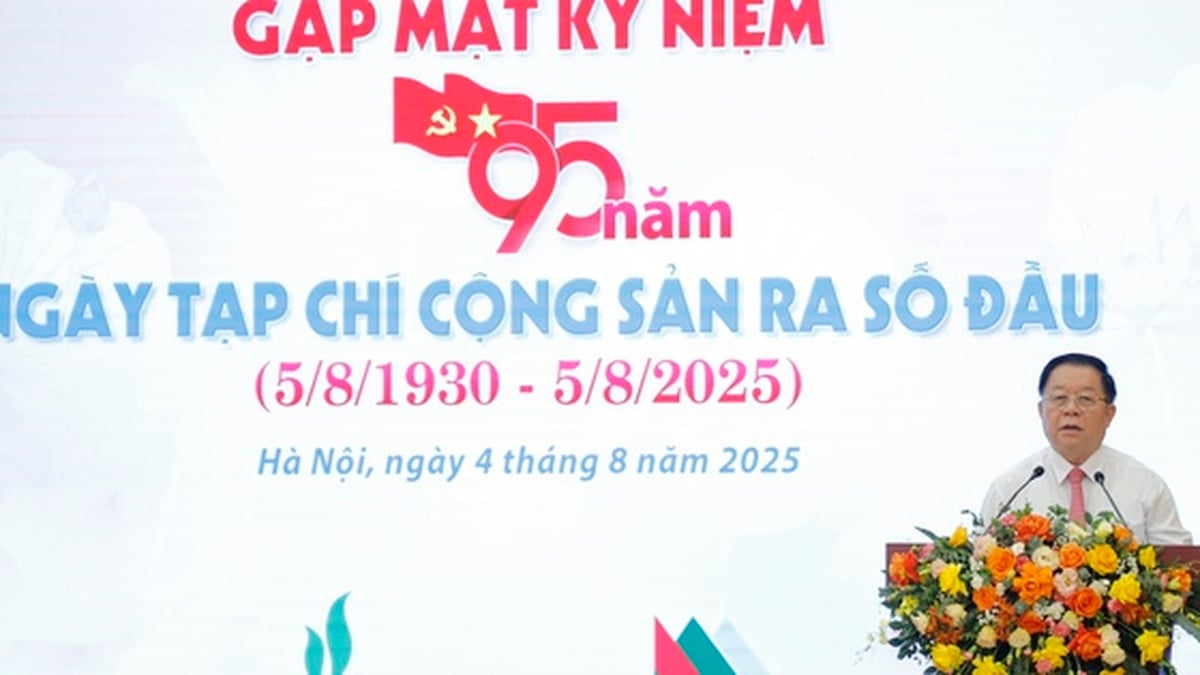
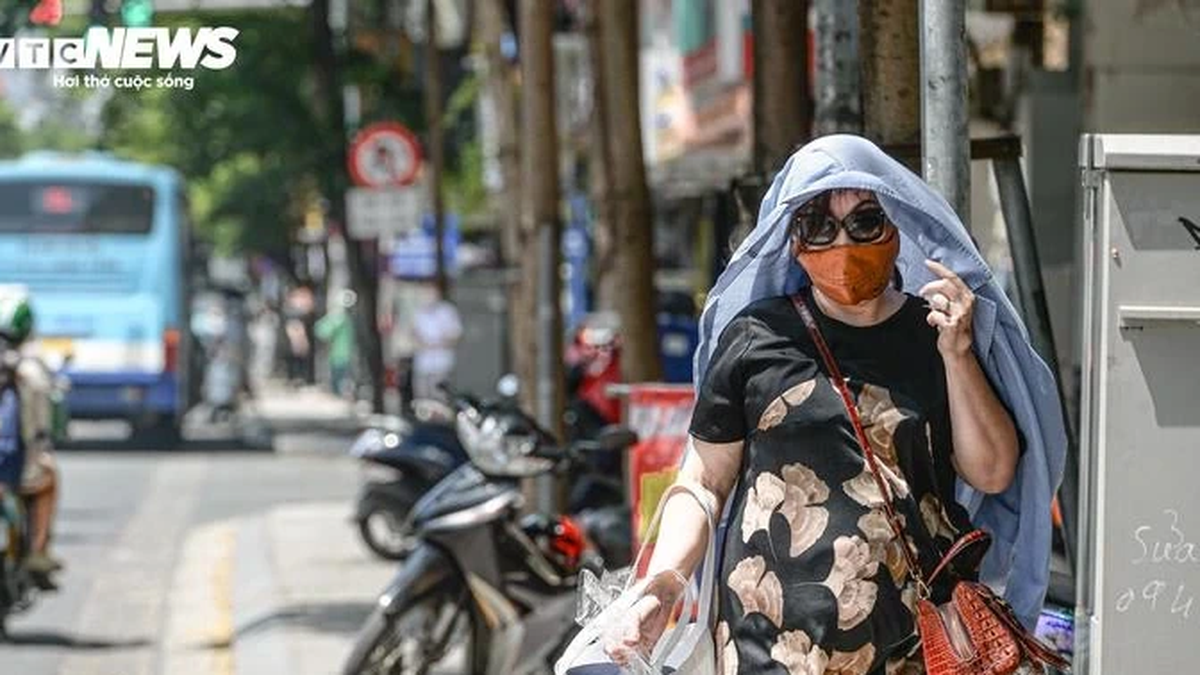
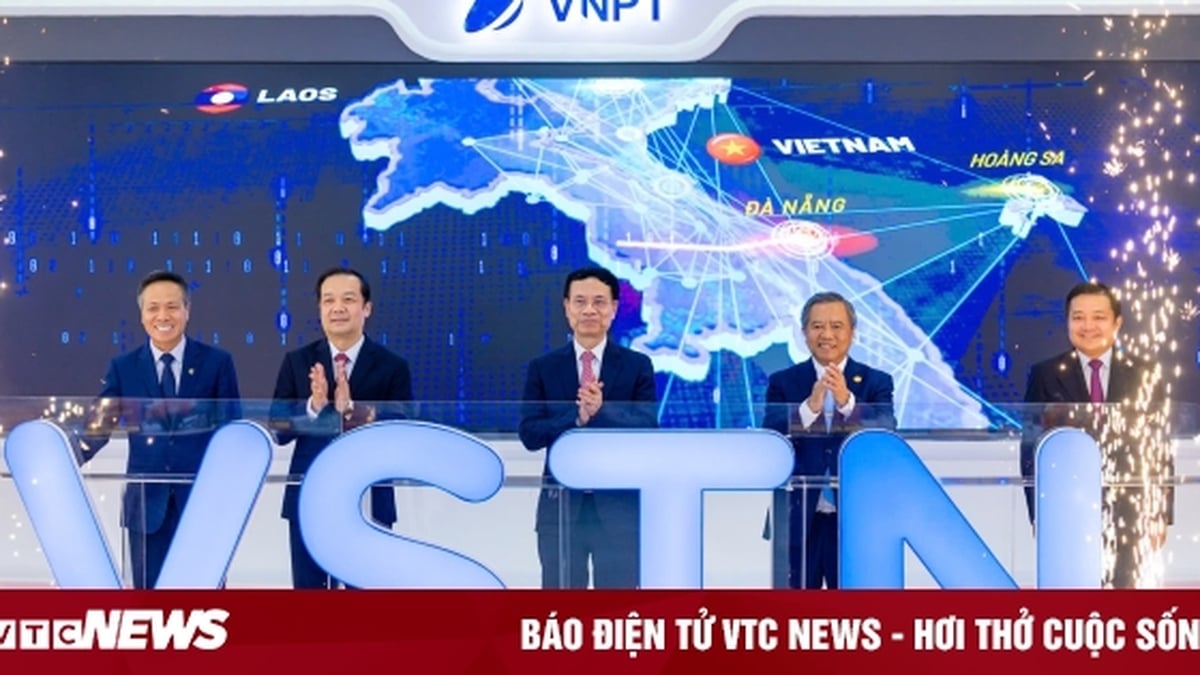














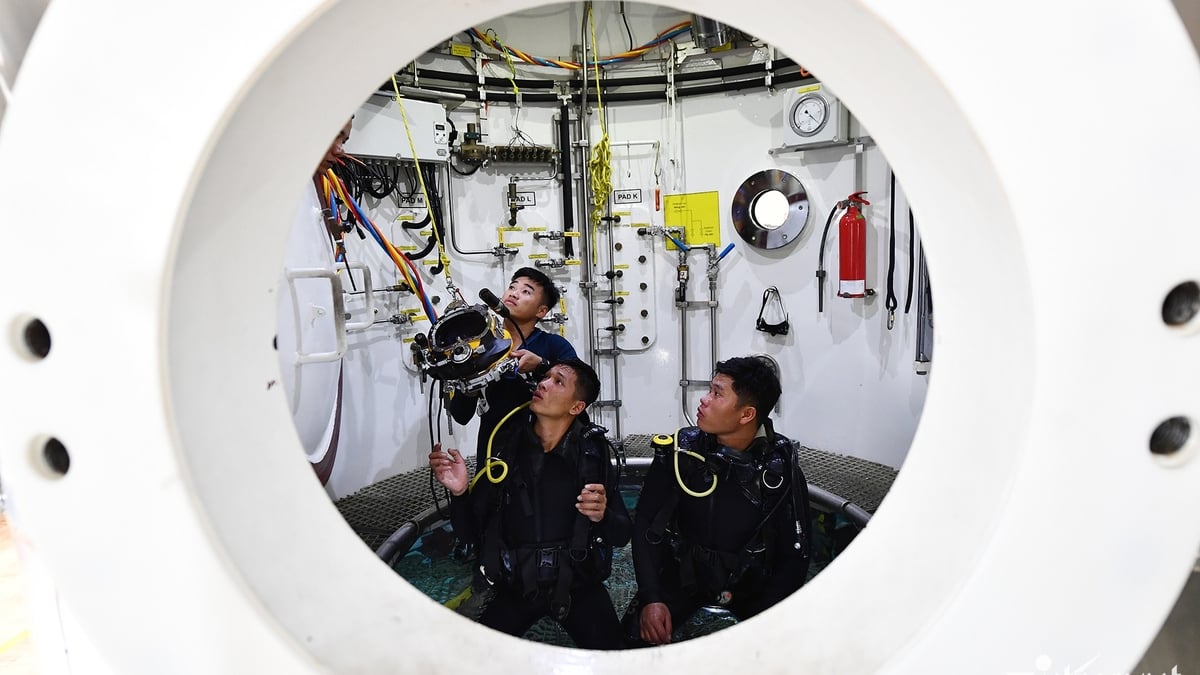





























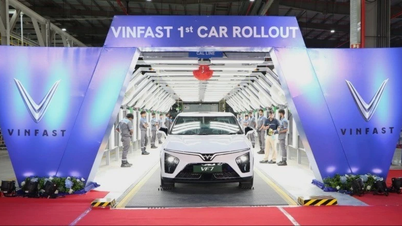


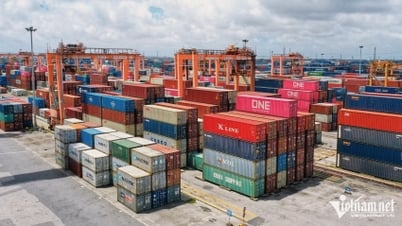











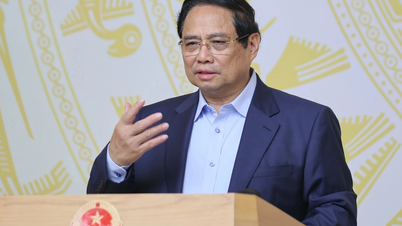
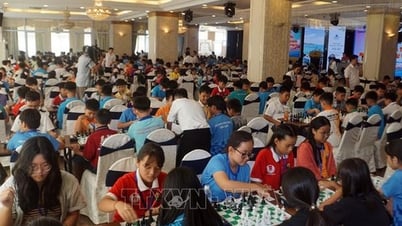



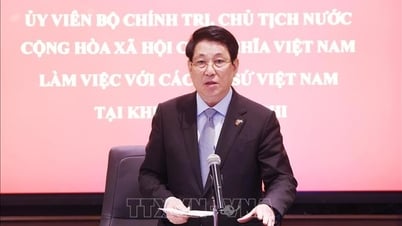

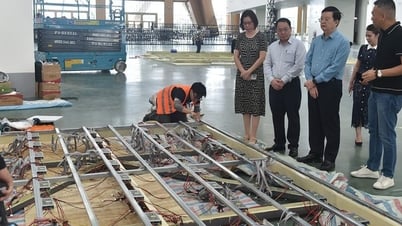




















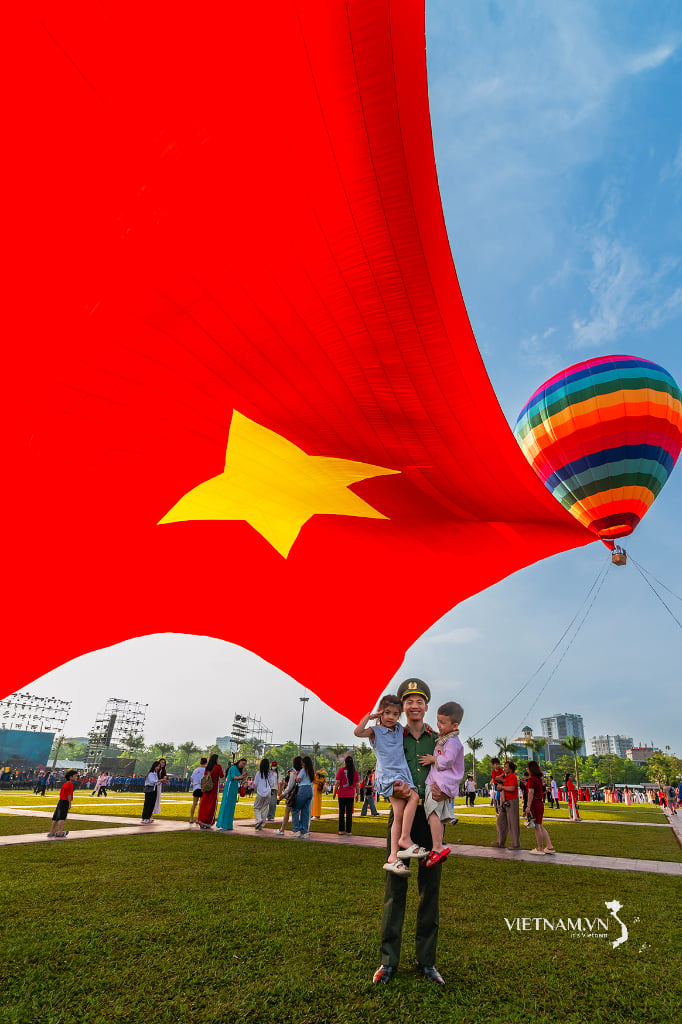


Comment (0)